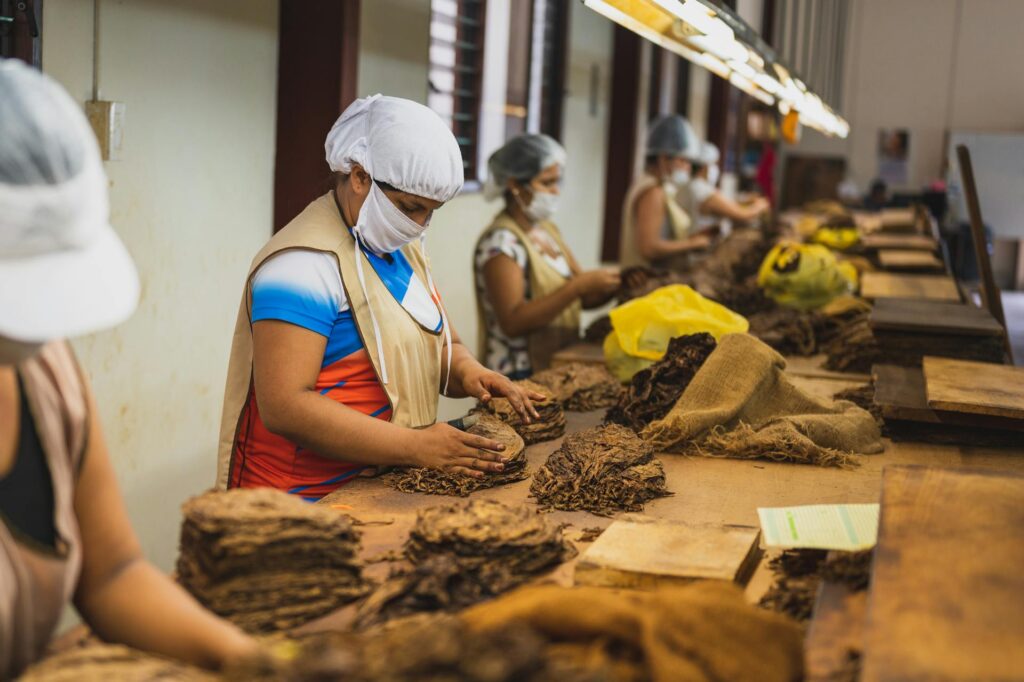16 January 2024
On December 28, a decree issued by the Executive Branch was published in the Federal Official Gazette, which repeals, amends and adds several provisions to the Securities Market Law (hereinafter “”LMV” for its acronym in Spanish) and the Investment Funds Law (hereinafter “LFI” for its acronym in Spanish).
AMENDMENTS TO THE LMV
The recent legislative reform introduces significant changes in the stock market. A simplified securities registration mechanism, known as the “Simplified Regime”, is established to facilitate and expedite the access of small and medium-sized companies to the stock market and different financing options.
This reform introduces an innovative regulatory approach that redistributes supervisory responsibilities, freeing the National Banking and Securities Commission from directly supervising companies that opt for this new regime, known as “Simplified Issuers”, and instead, they will be supervised by the stock exchange where their assets are registered.
In addition, the reform includes changes in the Stock Exchange Corporations (hereinafter “SAB” for its acronym in Spanish) and in the Stock Exchange Investment Promotion Corporations (hereinafter “SAPIB” for its acronym in Spanish), outstanding the removing of the obligation to convert from SAPIB to
SAB within 10 years from its registration in the National Securities Registry, or before that term if the stockholders’ equity exceeds 250 million UDIs (equivalent to approximately 1,944 million Mexican Pesos).
Also, the capital increase and the issuance of new shares is facilitated, allowing shareholders to delegate to the board of directors the power to define subscription conditions, including the exclusion of pre-emptive subscription rights.
In addition, the legal mechanisms for controlling shareholders to maintain control are strengthened, allowing the issuance of shares with differentiated rights, and modifying the voting requirements for certain takeover protection provisions.
AMENDMENTS TO THE LFI
The reform of this law promotes the creation of Hedge Funds, replacing the Limited Purpose Investment Funds, with flexibility to invest in various assets. These funds will be exclusively available to qualified and institutional investors.
he reform also includes regulatory changes such as the annual evaluation of service providers and expanded reporting to shareholders on the value of their investment.
Finally, Banco de Mexico (Mexico’s Central Bank) is granted the power to establish limits on financial transactions and civil liability is expanded to include distribution entities and investment advisors under the LFI.
CONCLUSIONS
These reforms are focused on opening the doors of the capital market to emerging and medium-sized companies. These regulations are oriented towards major stimulus of funds to strengthen investment in various assets and the promotion of a wider variety of shares within the stock market.
In light of the above, in Bravo Abogados we would be happy to answer any question you may have regarding this legal alert.
52-81-24748538
www.j-bravo.com
Blvd. Antonio L. Rodríguez 3000, Colonia Santa María, 5to piso, Interior 501 Torre Albia, C.P. 64650 Mty, N.L., México T.






